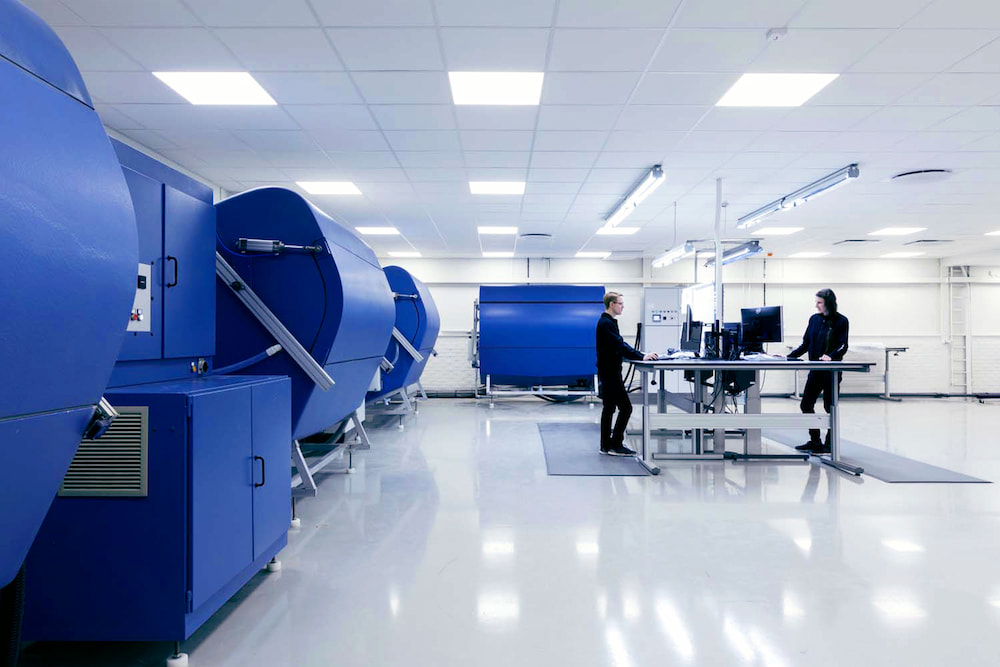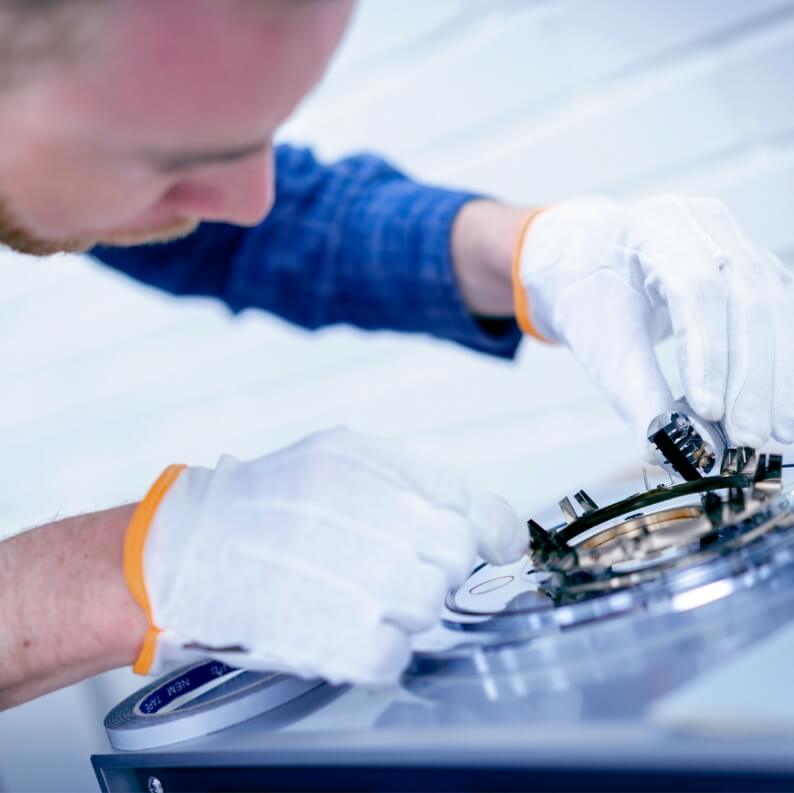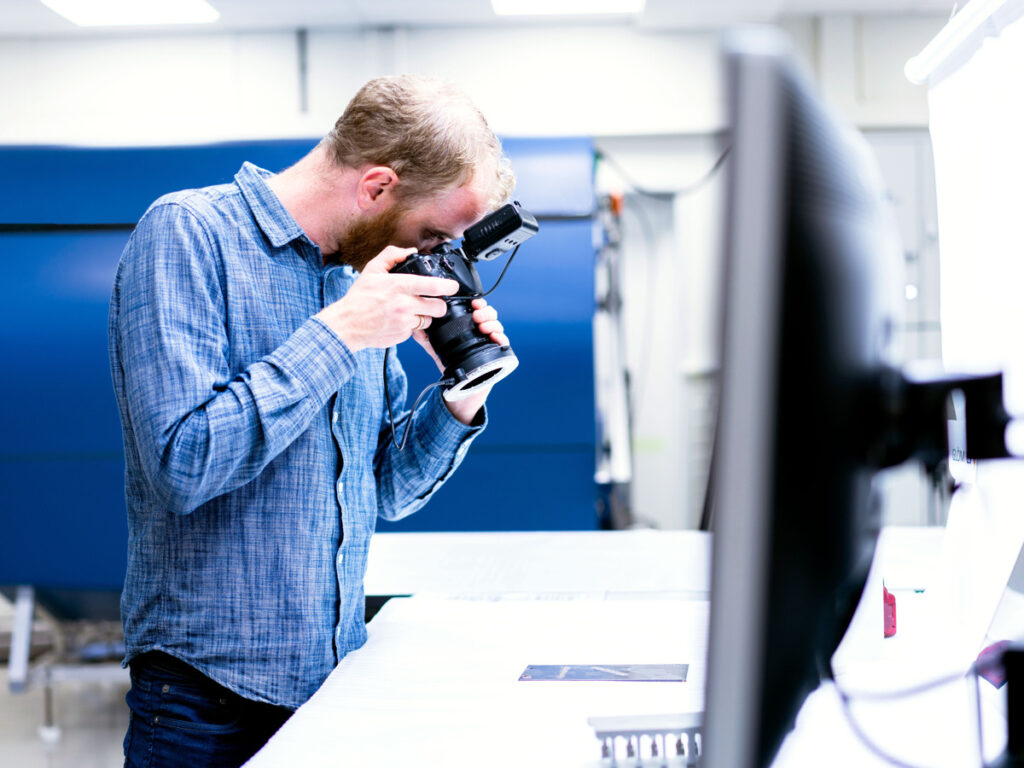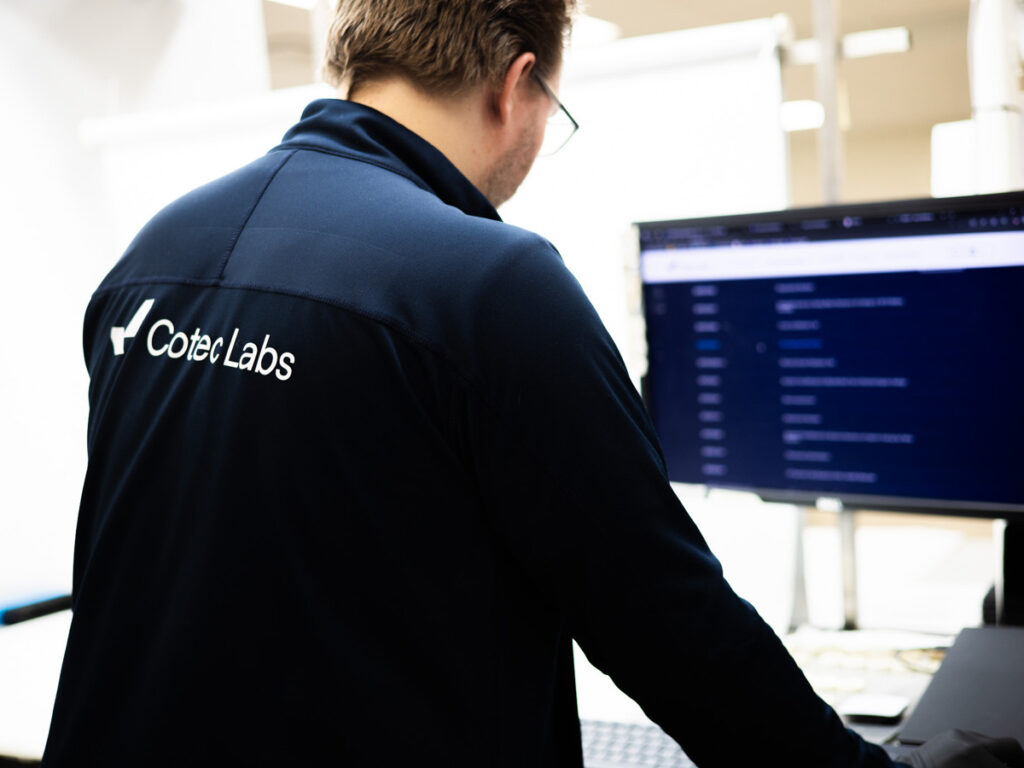Corrosion Testing Lab:
Advanced Materials Testing Solutions
Industries require reliable corrosion testing services to ensure material integrity and prevent costly failures. Our corrosion testing lab specializes in standardized corrosion testing that evaluates how materials perform under harsh environmental conditions. Through accelerated corrosion testing, we help clients understand corrosion mechanisms and assist customers with measures to create a better product.


Our corrosion testing laboratories utilize advanced equipment and industry standards to deliver accurate data for automotive industries which are also applicable in other industries. With extensive experience in corrosion analysis and surface treatment, we provide comprehensive corrosion testing services.
Automotive Corrosion Testing Standards
The automotive industry demands rigorous corrosion testing to ensure components withstand harsh environments. Our corrosion testing laboratory conducts testing according to major automotive standards including VW PV 1210, Ford TM 00.00-L-467, Scania STD4445, and Volvo STD 423-0014.
These standardized protocols help automotive companies evaluate material degradation and component durability. Our services include weathering by salt spray exposure, humidity or immersion and cyclic corrosion testing.
VW PV 1210 and PV 1209
VW PV 1210 represents a comprehensive method used by Volkswagen Group to evaluate materials durability. This test cycle simulates conditions that materials encounter during service life. The method has many similarities with PV 1209 which involves an addition with freezing steps to better simulate winter conditions.
ASTM B117 Salt Spray Testing
ASTM B117 represents one of the most widely used standards. This accelerated corrosion method exposes metallic materials to a continuous salt fog environment, simulating saltwater exposure effects and evaluating material performance.
ISO 9227 Salt Spray Testing – NSS, AASS, CASS
ISO 9227 is an accelerated corrosion method that can be used for exposing metallic materials to a continuous salt fog environment. It is also used for classifying paint protection on substrates of steel. It is basically identical to ASTM B117 meaning it also represents one of the most widely used standards.
In ISO 9277 there are three different conditions of salt spray to choose from: Neutral (NSS), Acetic Acid (AASS) or Copper Acidic (CASS). The three different conditions allow for better adaptation of the testing to the specific surface treatment and to resemble the climate the test objects are normally exposed to.
When classifying coating protections of powder- or wet paint on metal substrates according to ISO 12944 the method ISO 9227 NSS is a prescribed method.
Volvo STD 423-0014 Testing
Volvo STD 423-0014 defines an accelerated corrosion test method for assessing corrosion resistance of metals in environments with significant chloride ion influence from marine sources.
Ford L-467 Cyclic Testing
Ford TM 00.00-L-467 describes a cyclic corrosion test method for testing corrosion resistance. This unique test simulates atmospheric corrosion conditions across various environments. The cycle is identical to Volvo AB (Trucks) STD423-0069, Volvo VCS (Cars) 1027,1449 & Scania STD4445.
Scania STD 4445 Testing Methods
Scania STD 4445 describes ACT2 (Accelerated Corrosion Test version II), used for testing corrosion resistance. The standard defines methods for assessing corrosion resistance of metals influenced by chloride ions.
We can be your “internal” laboratory
We can recommend the right test, and also customize test methods based on your needs. Contact us and let us know what you need, and we will deliver the right solution for your requirements.
Certified Laboratory, Proven Results

Laboratory Equipment and Testing Capabilities
Our corrosion laboratory features advanced equipment designed to simulate various conditions and accelerate corrosion processes across multiple environments. Salt spray chambers enable precise control over testing parameters.
Testing includes visual evaluation, weight loss measurements, and surface analysis techniques for various materials. Our engineers assess corrosion extent using these protocols and operate under the regulations of ISO 17025.

Quality Control and Calibration
Quality control procedures ensure consistent results. All equipment undergoes regular calibration to meet industry standards and provide data for clients.
Our laboratory maintains strict quality procedures including equipment calibration and standardized protocols. All calibrations meet the demands of ISO 17025. All testing follows established industry standards.

Industry Applications and Standards
Our services support various industries including automotive, construction, energy, and engineering sectors. We maintain expertise in multiple industry standards and develop custom protocols for clients across different environments.
Testing helps companies comply with regulatory requirements. Our analysis provides documentation for material qualification and quality assurance programs.

Research and Development Support
Our research capabilities support evaluation of new materials and technologies. Through controlled testing, we help clients optimize material selection while considering cost-effectiveness.
We stay updated and on the functionality of the testing standard and make sure our services meet the latest requirements. Together with the industry and OEMs we are evolving requirement standards to ensure their applicability. This commitment helps our clients address emerging corrosion challenges.
Contact Our Testing Experts
Our team provides comprehensive services tailored to your needs. We work closely with clients to develop protocols that address unique challenges and provide actionable insights for corrosion prevention.
Contact our corrosion testing facility to discuss your requirements and learn how our expertise can support your objectives. Our proven capabilities help ensure materials perform reliably.

Joakim Ekström
